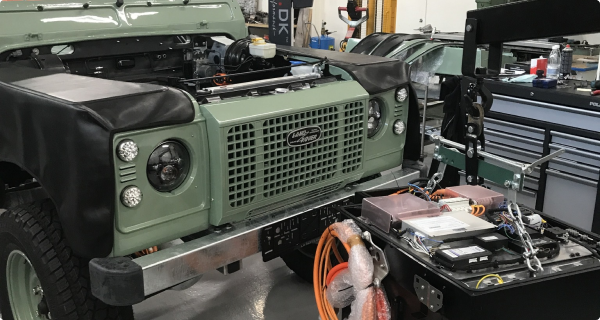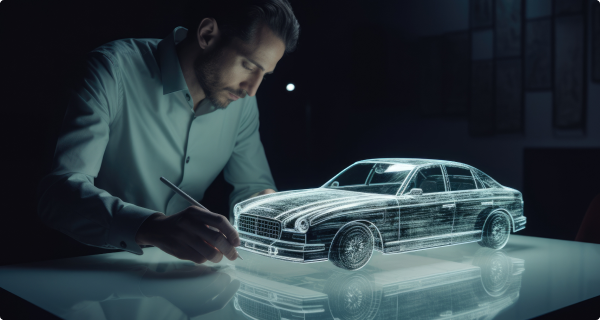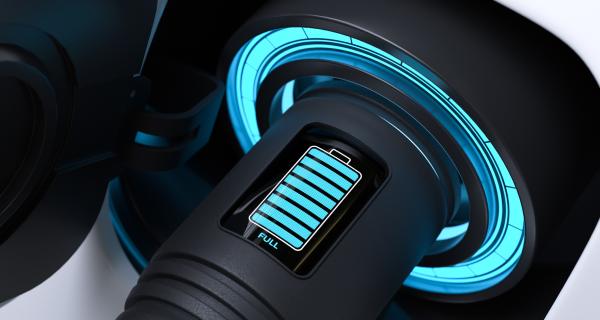Ensuring Safety and Compliance in Electric Car Conversions

We all love classic cars – the timeless designs, the engine roar, and the nostalgia they evoke. However, as the world shifts toward a greener future, even these automotive icons need to adapt.
Electrifying classic cars offers a way to enjoy these beloved vehicles while reducing their environmental impact. However, converting a classic car to electric power isn’t just about swapping out the engine; it requires rigorous testing to ensure safety and compliance with modern road regulations.
To be street-legal, any electrified classic car must receive approval from relevant authorities. This means that:
- The converted vehicle must undergo and successfully pass a series of thorough tests. We partner with FORCE Technology to conduct these tests, beginning with EMC (electromagnetic compatibility) testing that ensures the car doesn’t interfere with other electronic devices, meeting the European standard UN ECE R10.
- Subsequent tests assess electrical safety as per UN ECE R100, and finally, a comprehensive mechanical evaluation is conducted to confirm the car’s structural integrity and handling.
- Once all the tests at FORCE Technology are passed, the only thing lacking is approval from the Danish Road Safety and Transport Agency
We have developed a tailored and accredited testing process that can be replicated for future projects. The ability to conduct these tests efficiently was also a key factor in our decision to collaborate with FORCE Technology.
This comprehensive testing process supports our firm commitment to safety, reliability, and adherence to regulations. It guarantees that our electrified classic cars meet the highest road standards, providing our customers peace of mind. It also demonstrates our dedication to delivering a product that is both innovative and dependable, regardless of the original vehicle’s make or model.




